

OUR MISSION
We’re dedicated to fostering a workplace where all workers are treated equally and with respect, free from discrimination and harassment.
We believe in creating an inclusive business culture that benefits everyone.
CORE PRINCIPLES
Free from Discrimination
All workers are treated equally and with respect and dignity without any form of discrimination.
Free from Harassment
All workers are free from harassment and abuse. No worker is subject to any physical, sexual, psychological, or verbal harassment, abuse, or other forms of intimidation.




ADDRESSING GENDER-BASED VIOLENCE & HARASSMENT (GBVH)

Agribusiness Sector
Agricultural workers account for 1 billion, or one-third, of the world’s workforce.
- Women make up a significant portion of the agricultural workforce, particularly in developing countries, where they are highly vulnerable to GBVH.
- GBVH in agribusiness can lead to decreased productivity and increased absenteeism, affecting overall agricultural output.
- Studies show that 85% of female agricultural workers in certain regions have experienced some form of harassment.
- Migrant and seasonal workers, who are often women, face higher risks due to isolation and lack of support networks.
- Improves worker safety and wellbeing, leading to increased productivity and reduced absenteeism.
- Enhances the reputation of agribusiness companies, making them more attractive to investors and consumers.
- Reduces legal risks and potential costs associated with GBVH incidents and complaints.
- Promotes gender equality, contributing to sustainable development goals.
- Implement comprehensive GBVH policies and ensure all workers are aware of these policies.
- Provide regular training on GBVH prevention and response for all employees, including managers and supervisors.
- Establish confidential reporting mechanisms and ensure that complaints are addressed promptly and effectively.
- Increase female representation in leadership and decision-making roles within the company.
- Collaborate with local organizations to support victims of GBVH and provide necessary services.
- Conduct regular risk assessments and safety audits to identify and mitigate GBVH risks in the workplace.

Construction Sector
- Construction sites are high-risk environments for GBVH due to the influx of male workers and the isolated nature of many projects.
- Female workers in construction report high levels of harassment from coworkers and supervisors.
- GBVH can lead to severe psychological and physical harm, reducing productivity and increasing turnover.
- Addressing GBVH is critical for maintaining a safe and respectful work environment.
- Improves worker safety and wellbeing, leading to increased productivity and reduced absenteeism.
- Enhances the reputation of agribusiness companies, making them more attractive to investors and consumers.
- Reduces legal risks and potential costs associated with GBVH incidents and complaints.
- Promotes gender equality, contributing to sustainable development goals.
- Appoint senior focal points to oversee GBVH prevention and response.
- Include GBVH prevention in codes of conduct and ensure they are widely accessible.
- Conduct GBVH risk assessments and integrate findings into project planning.
- Provide regular training on GBVH for all workers and contractors.
- Develop confidential grievance mechanisms for reporting and addressing GBVH.
- Collaborate with local organizations to support GBVH victims and provide necessary resources.

Education Sector
GBVH is a serious and systemic issue in the education sector, with long-term impacts on students’ learning, health, wellbeing and pathway to employment.
- GBVH in educational institutions can severely impact the learning environment and academic outcomes.
- Students and staff are vulnerable to GBVH, which can lead to long-term psychological and physical harm.
- High rates of GBVH in schools can deter female students from pursuing education, perpetuating gender inequality.
- Ensuring a safe educational environment is critical for student retention and success.
- Creates a safer and more supportive learning environment, improving academic performance and retention.
- Enhances the reputation of educational institutions, making them more attractive to students and staff.
- Reduces absenteeism and dropout rates among students.
- Promotes gender equality and empowerment through education.
- Develop and implement comprehensive anti-GBVH policies and ensure they are communicated to all students and staff.
- Provide regular training on GBVH prevention and response for teachers, administrators, and students.
- Establish confidential reporting mechanisms and ensure complaints are addressed promptly.
- Increase female representation in leadership and decision-making roles within educational institutions.
- Collaborate with local organizations to provide support services for GBVH victims.
- Conduct regular safety audits and risk assessments to identify and mitigate GBVH risks in educational settings.

Hotels, Catering, and Tourism (HCT) Sector
The HCT sector is a large, rapidly growing sector with an average female participation rate of 70 per cent at regional level.
- The HCT sector employs a significant number of women who are vulnerable to GBVH from colleagues and customers.
- High turnover rates in the sector are often linked to GBVH, affecting operational efficiency and service quality.
- GBVH can lead to legal liabilities and reputational damage for hospitality businesses.
- Addressing GBVH is crucial for maintaining a safe and welcoming environment for both staff and guests.
- Improves employee wellbeing and reduces turnover, leading to better service quality.
- Enhances the ability of companies to recruit and retain female workers.
- Avoids reputational damage and financial risks associated with GBVH incidents.
- Creates a safer and more respectful environment for both employees and guests.
- Implement comprehensive GBVH policies and ensure all employees are aware of these policies.
- Provide regular training on GBVH prevention and response for all staff, including managers.
- Establish confidential reporting mechanisms and ensure complaints are addressed promptly.
- Increase female representation in leadership and decision-making roles within the company.
- Collaborate with local organizations to support victims of GBVH and provide necessary services.
- Conduct regular risk assessments and safety audits to identify and mitigate GBVH risks in the workplace.

Manufacturing Sector
- Manufacturing workers, especially women, face high levels of GBVH from supervisors and coworkers.
- GBVH can lead to decreased productivity, increased absenteeism, and high turnover rates.
- Addressing GBVH is crucial for maintaining a safe and respectful work environment.
- Female workers in the manufacturing sector are often more vulnerable due to precarious employment conditions.
- Improves worker health and safety, leading to increased productivity and reduced absenteeism.
- Enhances the reputation of manufacturing companies, making them more attractive to investors and consumers.
- Reduces legal risks and potential costs associated with GBVH incidents and complaints.
- Promotes gender equality, contributing to sustainable development goals.
- Implement comprehensive GBVH policies and ensure all workers are aware of these policies.
- Provide regular training on GBVH prevention and response for all employees, including managers and supervisors.
- Establish confidential reporting mechanisms and ensure complaints are addressed promptly and effectively.
- Increase female representation in leadership and decision-making roles within the company.
- Collaborate with local organizations to support victims of GBVH and provide necessary services.
- Conduct regular risk assessments and safety audits to identify and mitigate GBVH risks in the workplace.

Public Transport Sector
- Women and girls are highly vulnerable to GBVH while using public transport, affecting their freedom of movement and access to opportunities.
- GBVH in public transport can lead to decreased ridership and increased absenteeism among workers.
- Ensuring safe public transport is critical for economic empowerment and gender equality.
- Surveys show that a significant number of women experience harassment on public transport.
- Improves safety and wellbeing of passengers and transport workers.
- Increases profitability of transport operators as customers feel safer and are more likely to use public transport.
- Enhances the reputation of transport companies and builds confidence among investors.
- Promotes economic growth by enabling women’s mobility and access to economic opportunities.
- Develop comprehensive GBVH policies and ensure they are communicated to all employees and passengers.
- Provide regular training on GBVH prevention and response for all transport workers.
- Establish confidential reporting mechanisms for passengers and workers to report incidents of GBVH.
- Increase female representation in leadership and decision-making roles within transport companies.
- Collaborate with local organizations to support victims of GBVH and provide necessary services.
- Conduct regular safety audits and risk assessments to identify and mitigate GBVH risks in public transport.
REGULATIONS COMPLIANCE
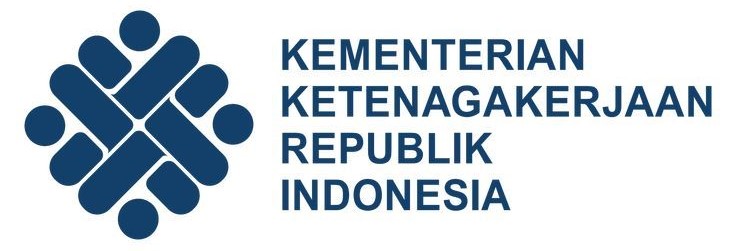
Decree of Minister of Manpower (Kepmenaker) of the Republic of Indonesia No. 88 of 2023
Guidelines for the Prevention and Handling of Sexual Violence in the Workplace.

World Bank Group Gender Strategy 2024 - 2030
Accelereate Gender Equality for a Sustainable, Resilient, and Inclusive Feature
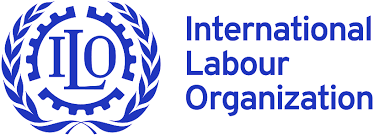
ILO (International Labour Organization) Sexual Harassment and Convention No. 190 and Recommendation No. 206
Guidelines on preventing and addressing workplace sexual harassment.
OUR APPROACH
PARTNER, PREVENT, PROTECT
Partner

We promote businesses as reliable and inclusive partners by fostering trust among staff, supply chains, and clients. By partnering with industry leaders and experts, we help businesses integrate our principles into their culture, ensuring that they are seen as champions of equality and respect.
Prevent

Through comprehensive training and awareness programs, we equip businesses with the knowledge and tools to prevent discrimination and harassment. Our goal is to create proactive environments where issues are addressed before they arise.
Protect

We help businesses set up internal procedures and policies to handle issues promptly and effectively. By establishing clear mechanisms for response, we protect workers and ensure a safe workplace. We also issue trust certificates to businesses, showcasing their commitment to these principles and building trust with the public by publicly sharing companies that have trained their managers.
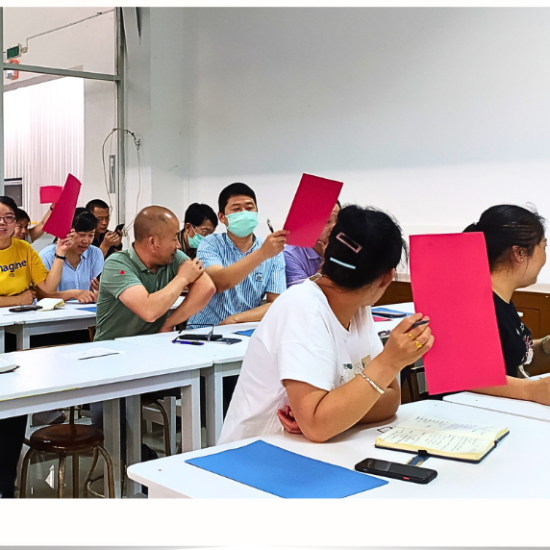
97%
Staff able to identify different types of harassment, including verbal, physical, and online harassment, after our comprehensive training sessions.
OUR THEORY OF CHANGE
We’re rooted in the belief that by educating and empowering businesses to adopt inclusive and respectful practices, we can create a ripple effect that transforms workplaces and communities.

Awareness & Training
We start by providing businesses with the knowledge and tools necessary to understand the importance of equality and respect. This includes comprehensive training programs tailored to their specific needs.
Policy Implementation
With a solid understanding in place, we assist businesses in developing and implementing policies and procedures that prevent discrimination and harassment. This creates a structured environment where all employees feel safe and valued.
Certification & Recognition
Businesses that successfully integrate these practices receive our certification, which serves as a mark of trust and reliability. This public recognition not only boosts their reputation but also encourages other organizations to follow suit.
Sustainable Impact
As more businesses adopt our principles and practices, we create a culture of inclusivity and respect that extends beyond individual workplaces to impact entire communities. This sustainable change leads to a more equitable and harmonious society.
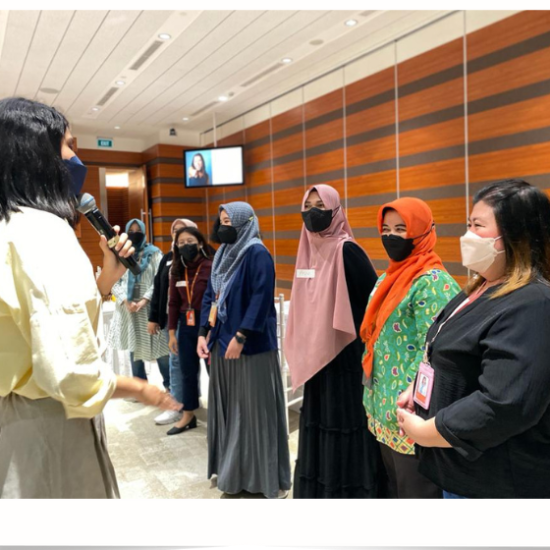
92%
Managers reported feeling confident in handling harassment incident after training.
UNITED NATIONS SDGs
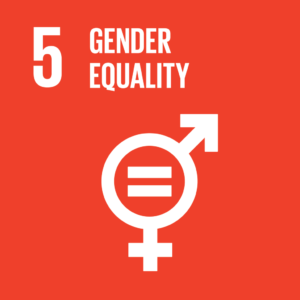
Gender Equality
Prevent gender-based harassment and discrimination

Decent Work and Economic Growth
Support safe, decent and inclusive working conditions

Reduced Inequalities
Implement policies and practices to support equality of opportunity, treatment, and outcome for all across own and supply chain operations



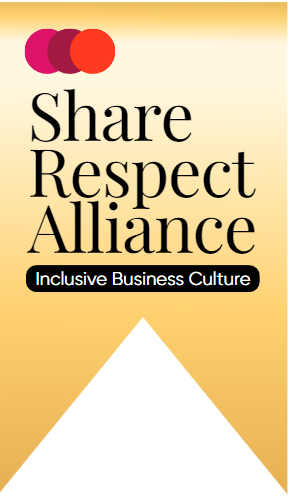
- We provide tailored training programs for businesses to educate their workforce about the importance of equality and respect in the workplace.
- We assist businesses in creating and implementing effective procedures and policies to address and resolve issues related to discrimination and harassment.
- Businesses that complete our training programs and implement our recommended policies are awarded a certificate of trust. This certification is publicly shared, demonstrating the business’s commitment to a respectful and inclusive workplace.
Previous Partners
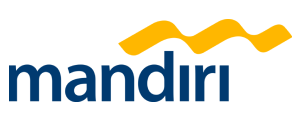







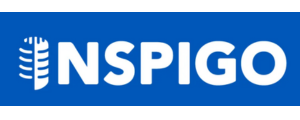
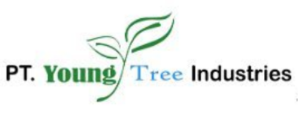


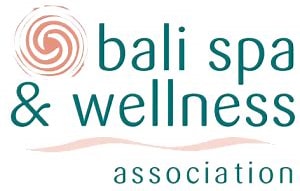
JOIN US
Become a part of a movement that is transforming workplaces around the world. Together, we can create a safer, more respectful, and inclusive business environment for all.
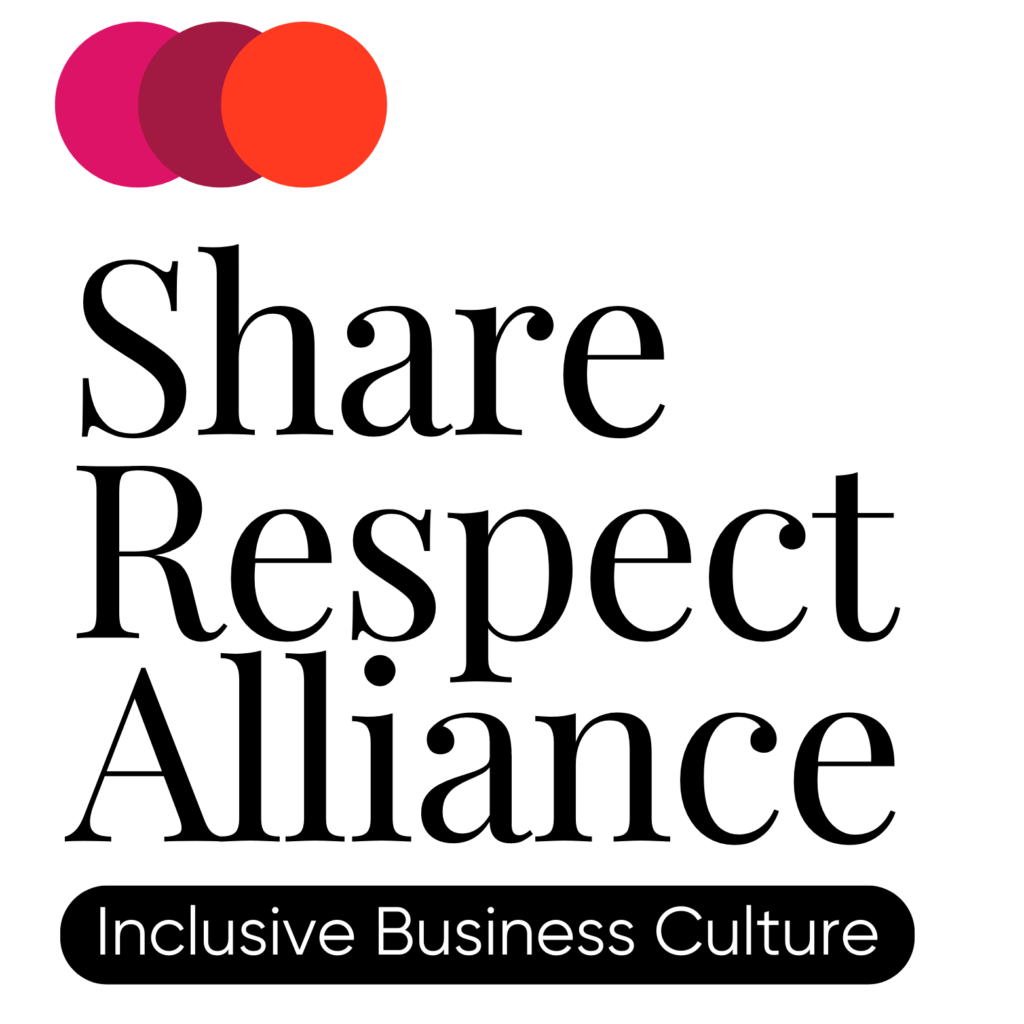
We invite businesses and organizations to join us in creating safer, more inclusive workplaces. Please fill out the form below to express your interest in joining the Share Respect Alliance.
